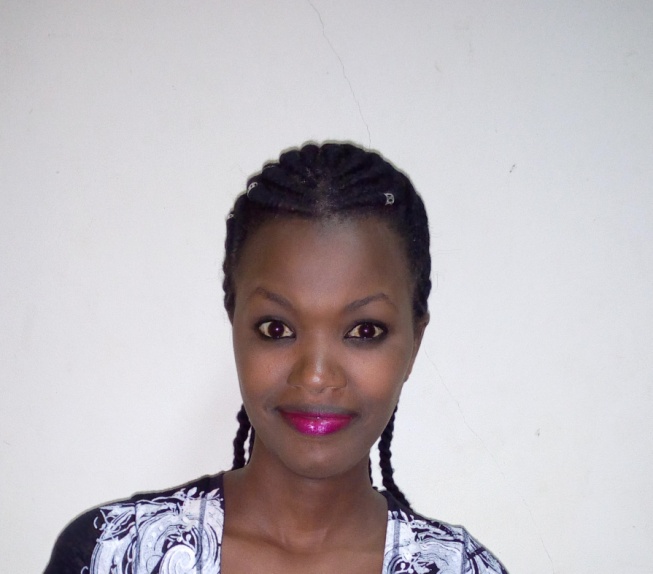We’re pleased to welcome Vestine Ingabire as the country coordinator forthe African nation of Rwanda. Thank you to team members Vijay Barve and Sunday Kakpo for helping to increase representation on the vast African continent, where climate change is a serious concern affecting wildlife.

Vestine offers an introduction to her country, her career as a botanist andconservationist and her commitment to helping Rwanda understand and meetthe threats of climate change on its flora and fauna.
“I grew up in a village with beautiful shrubs, grass and butterflies,and this was where my love for nature started.** I am a very active conservationist, passionate and very committed to contribute to the biodiversity conservation in Rwanda, Africa, as well as globally.
In 2016, I received a Bachelor of Science in biology (botany and conservation) at the University of Rwanda. Further, I also obtained a certificate from the United Nations Institute for Training and Research(UNITAR), a course entitled integrated planning for climate change and Biodiversity. Currently, I am doing a masters in environmental studies the University Of Lay Adventists in Kigali, Rwanda. *
After my undergraduate studies, I joined a local environmental conservation NGO, the “Association pour la Conservation de la Nature au Rwanda (ACNR)” as an intern.Through this organization, I attended the various trainings on fauna and flora identification which helped mebetter contribute to the implementation of various projects related to biodiversity. In 2017, I participated in a bird survey funded by Birdlifeinternational. Further, In 2018, my team won a conservation award from the Rufford Foundation to conduct research*<https://www.rufford.org/projects/vestine_ingabire>* on distribution,abundance, and threats to the Prunus africana tree in Rwanda. *
Later I was recruited for the position of Climate Change Officer at ACNR which also helped me better understands the impacts of climate change on biodiversity including bees and Lepidoptera. Further, I became more interested in Lepidoptera after, apparently by chance, reading the work of Marton Kocsis and Levente Hufnagel entitled “ Impacts of climate change on Lepidoptera species and communities.’’*
Rwanda is a landlocked country in the Great Rift Valley and highly vulnerable to climate change. I have participated in national thematic working group meetings related to biodiversity, climate change and the environment. This is where I found that the contributions of bees and moth species to biodiversity and community are not yet well recognized in Rwanda.
I decided to be a change agent for biodiversity and environmental conservation. In 2020, I traveled to the Eastern province of Rwanda to celebrate my birthday with beekeepers cooperatives and I donated 200 fruit trees to support the beekeeping activities. Later, this led me to present the insights on the contribution of beekeeping to livelihoods and biodiversity Conservation in Africa, mainly Rwanda. The meeting was organized by Michigan State University this past April.
Currently, I am a volunteer at Conservation Action Practitioners. I would like to continue to promote biodiversity, particularly species no tyet well recognized. Thus, moths are not only pollinators but also climate change indicators, which is actually greatly important to Rwanda and Africa, as well as globally.*